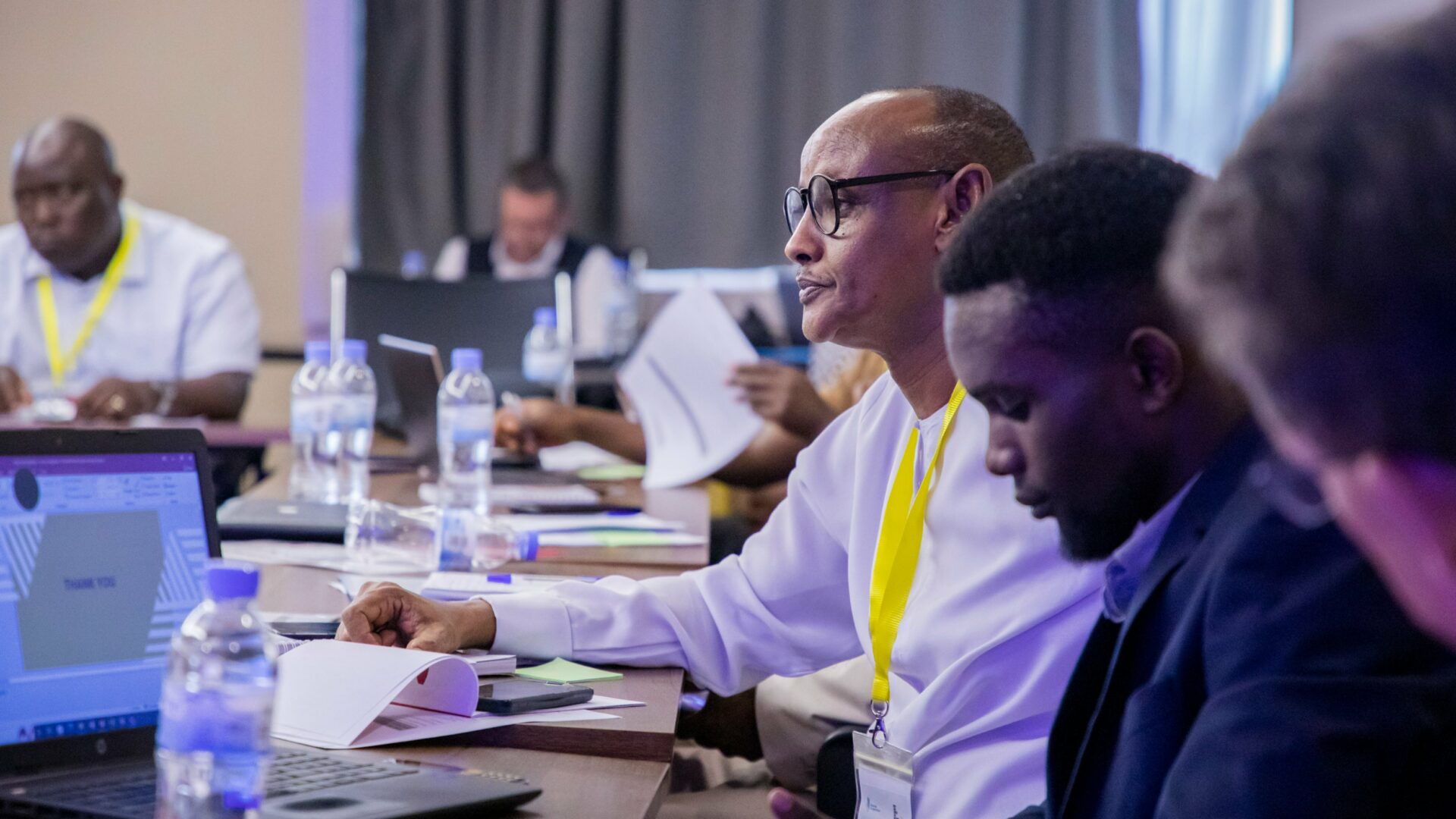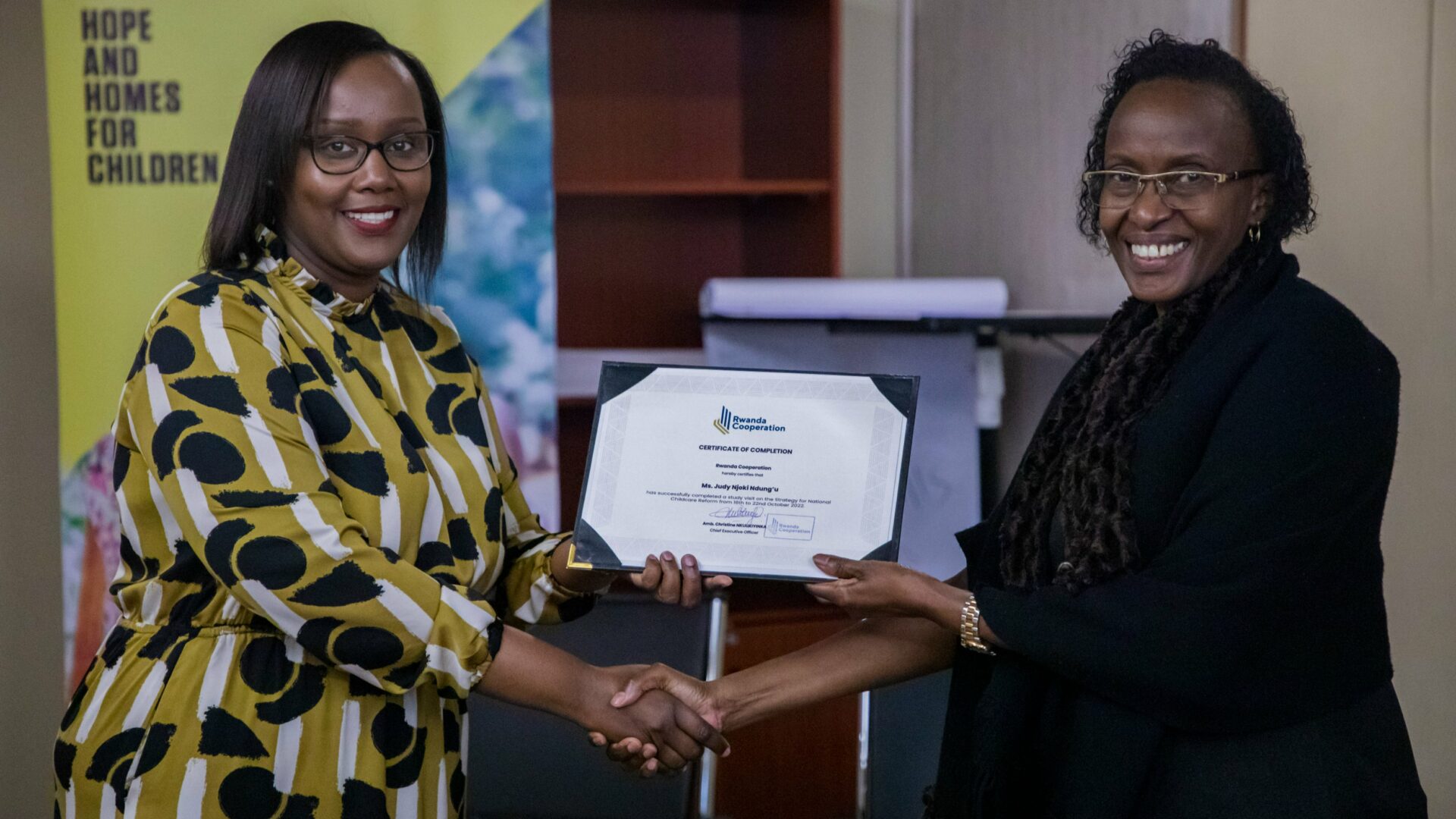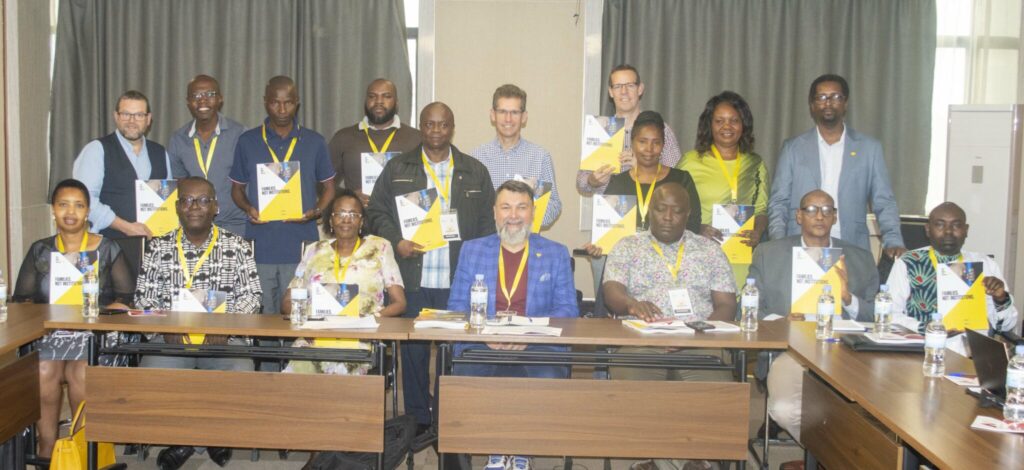“In this land of a thousand hills, thousands of children were orphaned after the genocide – a shattering experience indeed. Today, the country stands tall, showing remarkable resilience. Thousands of children who lost families and were isolated in orphanages are now back with their families and communities.”
Stephen Ucembe, Regional Advocacy Manager
In June 2022, Rwanda led the 54 Commonwealth Nations to make a historic commitment to the elimination of orphanages: The Kigali Declaration.
For years, Rwandan children had been denied their right to loving and stable care, isolated from families and communities and confined in orphanages. Today, the country stands tall and resolute on the kind of future they want for their children.
Rwanda is now on the cusp of cosigning orphanages to history and making family-based care a reality for all children. We want to share our knowledge and help other countries to make this reality possible for children in all of Africa.
Strengthening regional learning and sharing
On 17th October 2022, 10 senior government officers from the Directorate of Children Services and National Council of Children Services from Kenya, led by Mr Shem Nyakutu, visited Rwanda to hear, see and experience its journey of removing children from orphanages and placing them where they belong – with families and communities. Hope and Homes for Children hosted this learning exchange.
Both countries’ care reform journey has been driven by a moral belief that the way we care for our children today defines their future and, subsequently, the wellbeing of society. This belief is supported and reinforced by national and global human rights organisations, who agree that every child has a right to family regardless of socio-economic status, age, gender or disability. What’s more, the research is clear – orphanages are harmful to children.

Visiting Centre Inshuti Zac and a local Community Hub
Upon landing In Kigali, the team was welcomed by the Rwanda Cooperation initiative, an independent government agency established to make Rwanda a successful global gateway for knowledge sharing and exchange.
The delegation visited ‘Centre Inshuti Zacu’, on the outskirts of Kigali. This was once an orphanage, ‘caring’ for children with disabilities. These children who were once confined and isolated are now integrated into the community, safe from harm and enjoying the love of their families and the acceptance of the community.
The team was greeted at the centre with a lively, vibrant atmosphere. The children’s faces were full of joy and happiness, although this was little to do with our presence and more to do with the freedom they now experience, receiving love and support from the community and their families.
The group also visited a Community Hub and two families. The Hub helps out the community in many ways, including addressing financial issues, assisting with early childhood education and providing daycare centre services.
Seeing children thrive in families
We also visited a single woman taking care of her child with a disability. Their story was a shining example of how, with adequate support, all children can thrive in families. There was an authentic bond and sense of love, which was fantastic to see.
We then visited a foster child, who was later adopted by the same family. This showed us the power of family – children who cannot live with their biological parents can thrive with new families, away from the harm of orphanages.
Foster care, including emergency foster care, can help to avoid children being placed in orphanages. Being with a family also reinforced the child’s sense of belonging and identity. Children who are placed with families no longer view themselves as ‘orphans’ and do not feel the stigma that can come with the label.
Abdinoor, acting Chairperson of the National Council of Children’s Services upon seeing this said:
“Life indeed begins in the family and it is only in the family that love never ends.”
Learnings and future commitments
Rwanda Cooperation representatives reiterated that no country is an island. Countries in Africa have a lot in common when it comes to the value of families and communities in the upbringing of children.
Orphanages are a colonial remnant and have no place in the future of this great continent. The bold commitment by the Kenyan government should be praised and supported.
It is time that the Kenya Care Reform Strategy is swiftly implemented so we can start making family-based care a reality for over 45,000 children currently in institutions in Kenya.
Author: Stephen Ucembe, Regional Advocacy Manager



